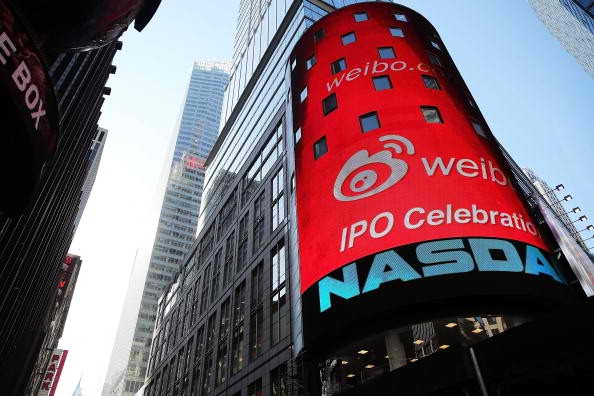Companies like Google, Amazon, eBay and Facebook have made tremendous sales worldwide except in China. Recently, the same became true with Uber.
Experts believe that foreign companies have to come to terms with China's unwavering nationalism and brand loyalty to Chinese equivalents of American companies.
Arthur Dong, a professor at Georgetown's McDonough School of Business, said, "There's a home-field advantage. Whether it's state function of government policy or a less formal policy, foreign companies are at a great disadvantage."
Clones of American brands are also more popular with users. Baidu, Sina Weibo, and Youku Tudou are local versions of Google, Twitter, and YouTube.
In 2011, Groupon tried to enter China but found that there are over 200 sites that are offering a similar service. Eventually, Groupon left the country.
Aside from a loyal client base, foreign companies have to contend with government pressure.
"Since President Xi Jinping took office," said Robert Atkinson, president of the Information Technology and Innovation Foundation, "they have increasingly switched from an economic strategy that emphasizes attracting foreign direct investment to one that favors indigenous innovation and Chinese-owned firms."
Government support for Chinese companies is solid. Uber was reported to have lost the battle against Didi when the state issued a ban against free rides.
Uber only had 8 percent of the market and said to lose $1 billion a year.
The same happened to Google when the search engine giant had to pull out after being censored and a series of cyber attacks.
Atkinson said, "I don't know if that's clear evidence the government has its thumb on the scale again, but you've got to think it hurts Uber more than it does Didi."
In spite of these challenges, Uber is still struggling to profit in China through a merger with Didi. Their partnership may help both companies recover from the losses incurred by giving ride subsidies.
"They fought to a draw. And for an American Internet company, that's as good as a win." William Bao Bean, a Shanghai-based partner at SOS Ventures said.



























